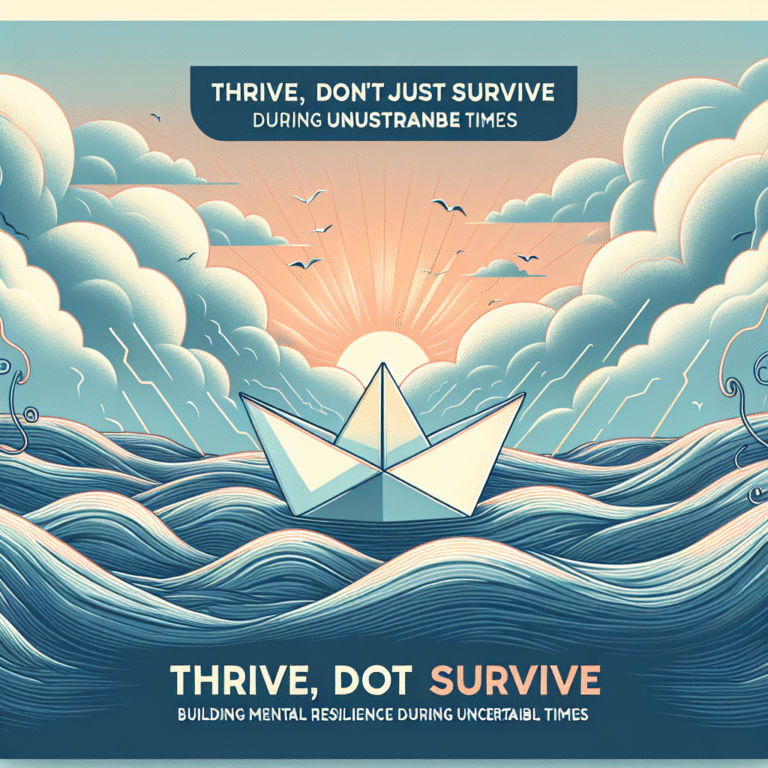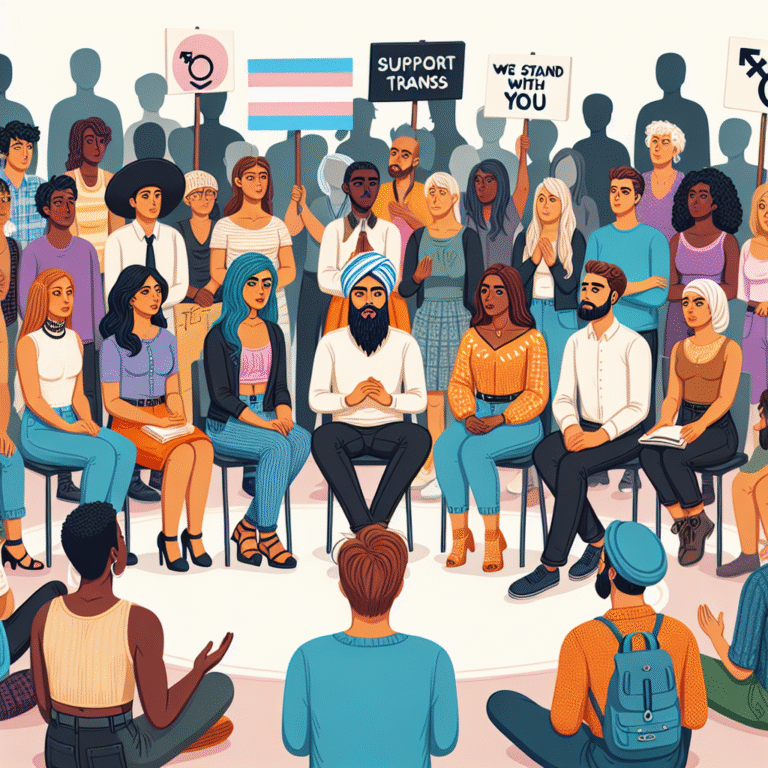
Behavioral Psychology: The Invisible Force Driving Consumer Habits and Trends
Introduction
In today’s rapidly evolving marketplace, understanding the forces that shape consumer behavior is more crucial than ever. Behavioral psychology serves as an essential lens through which businesses can decipher the hidden motivations behind consumer choices. This article will delve deep into Behavioral Psychology: The Invisible Force Driving Consumer Habits and Trends, highlighting its relevance in the contemporary landscape and its impact on marketing strategies.
The Power of Behavioral Psychology
Behavioral psychology essentially studies how emotions, cognitive processes, and social influences affect the way consumers make decisions. It uncovers the often subconscious drivers behind consumer habits. From why shoppers impulsively buy a candy bar at the checkout aisle to the reasoning behind choosing one brand over another, behavioral psychology reveals the intricate web of psychological processes that dominate consumer behavior.
Understanding the Basics of Behavioral Psychology
The Core Principles
Before diving into consumer habits, it’s essential to understand some core principles of behavioral psychology that are pivotal in shaping consumer trends:
-
Cognitive Dissonance: Consumers often struggle with conflicting beliefs about a product or service. For example, a customer may wish to buy eco-friendly products but also be attracted to cheaper conventional options. Marketers can address this tension by highlighting the benefits of sustainable choices.
-
Social Proof: This principle suggests that individuals tend to look towards the behavior of others when determining their own actions. Real-world applications include customer testimonials and influencer endorsements, which can significantly sway shopper decisions.
-
Scarcity Effect: The notion that limited availability increases the perceived value of a product often drives urgency in consumer purchases. The classic "limited time only" promotions leverage this principle effectively.
- Loss Aversion: Consumers are more motivated to avoid losses than to acquire gains. This understanding can steer marketing strategies to emphasize what the consumer stands to lose if they don’t make a purchase.
Historical Context
Behavioral psychology isn’t a new concept; its roots trace back to the early 20th century with pioneers like John B. Watson and B.F. Skinner. Marketing strategies today, however, have evolved to incorporate these psychological principles to persuade and influence consumers in ways that were previously overlooked.
Application of Behavioral Psychology in Marketing
Case Study: Coca-Cola’s “Share a Coke” Campaign
One of the most notable examples of applying behavioral psychology in marketing was Coca-Cola’s “Share a Coke” campaign. By personalizing bottles with common names, Coca-Cola harnessed social proof and the scarcity effect. Consumers were drawn to purchasing products featuring their names or the names of friends, which not only drove sales but also created a buzz on social media.
Analysis
This case demonstrates how personalization can effectively tap into the consumer’s need for connection—something deeply rooted in behavioral psychology. The success of this campaign highlights the unseen forces that drive consumer behavior and the power of creating a personal connection with the product.
The Influence of Colors and Design
Colors play a nuanced role in influencing buyer psychology. For example, red can create a sense of urgency, while blue tends to promote trust. Businesses strategically position their colors to evoke particular emotional responses, impacting consumer habits and trends at an instinctual level.
Real-World Impact: Amazon’s One-Click Purchase
Amazon’s one-click purchase feature provides a practical implementation of behavioral psychology principles. It reduces friction in the buying process, minimizing the potential for cognitive dissonance. By making the purchasing decision easier, Amazon effectively capitalizes on impulsive buying behavior, driving substantial revenue growth.
Analysis
Through this case, we observe how minimizing barriers can not only enhance customer satisfaction but also foster loyalty, demonstrating how powerful behavioral psychology is in e-commerce.
Behavioral Psychology Insights Into Consumer Trends
The Rise of Subscription Services
The boom in subscription services can largely be attributed to behavioral psychology. By creating a “set it and forget it” approach, businesses tap into consumer laziness and the aversion to loss, as consumers feel they are missing out on ongoing services if they do not subscribe.
Analysis
The medical field has also noted similar trends, where subscription-based health services help improve adherence to treatment protocols by providing continuous reminders and motivation, showcasing a significant intersection of psychology and real-life applications.
The Effect of Social Media Influence
Social media has increasingly become a critical player in shaping consumer preferences. Marketers have started to recognize the immense power of social proof in digital spaces. A simple post featuring a product could turn it into a viral trend, driving followers to purchase based on perceived popularity.
Sustainability and Consumer Behavior
The growing trend towards sustainability reflects shifting consumer habits shaped by behavioral psychology principles. As consumers become more aware of their impact on the world, there’s a growing demand for products aligned with their ethical values. Businesses must adapt their strategies to resonate with this conscientious mindset.
Behavioral Psychology in Pricing Strategies
The Charm Pricing Effect
Behavioral psychology suggests that consumers often perceive prices just below a round number (e.g., $9.99 instead of $10.00) as significantly lower. This pricing strategy is not just a marketing gimmick; it’s rooted in the cognitive processes affecting consumer perceptions.
Price Anchoring
Price anchoring is another technique derived from behavioral psychology, where retailers display a higher initial price next to a lower one to make the discount appear more substantial. This technique plays on consumer instincts about value and savings.
Utilizing Data to Understand Consumer Behaviors
The Role of Analytics in Behavioral Insights
With advancements in technology, businesses can now harness data analytics to track trends and behaviors over time. By analyzing consumer data, companies can gain insights into purchasing habits, preferences, and the psychology driving these actions.
Example Table: Consumer Behavior Insights from Analytics
| Behavioral Insight | Trends | Actionable Strategy |
|---|---|---|
| Purchase Timing | Increased purchases on weekends | Schedule promotions on Friday for higher sales |
| User Engagement | Higher interaction with videos | Invest in video marketing strategies |
| Cart Abandonment | Significant drop on checkout page | Implement reminder emails to convert abandonments into sales |
Ethical Considerations
Utilizing behavioral psychology in marketing is powerful; however, ethical considerations must lead decision-making. Manipulating consumer behavior unethically can lead to distrust and the erosion of brand loyalty.
Conclusion
In summary, behavioral psychology serves as the invisible force driving consumer habits and trends. By understanding the psychological principles influencing consumer behavior, businesses can successfully tailor their marketing strategies for maximum impact. The insights presented offer a foundation for companies to innovate and adapt.
Actionable Takeaway
Businesses should not only invest in understanding these psychological principles but also implement ethical practices aligned with their brand values. Creating a meaningful connection with consumers will lead to sustained brand loyalty and long-term success.
FAQs
1. What is behavioral psychology and how does it relate to consumer habits?
Behavioral psychology studies how emotions and cognitive processes impact decision-making, revealing the often unconscious motivations behind consumer choices.
2. How can businesses ethically leverage behavioral psychology?
By understanding psychological principles, businesses can create more effective marketing strategies while ensuring transparency and avoiding manipulation.
3. What are some common pricing strategies influenced by behavioral psychology?
Common pricing strategies include charm pricing, where products are sold at just below a round number, and price anchoring, where higher initial prices are displayed next to discount prices.
4. Why is social proof important in marketing?
Social proof is essential because consumers often look to others’ actions to guide their own, making customer testimonials and influencer endorsements critically effective.
5. How does data analytics help businesses understand consumer behavior?
Data analytics provides businesses with valuable insights into purchasing habits and trends, allowing them to tailor strategies that meet consumer preferences effectively.
By mastering Behavioral Psychology: The Invisible Force Driving Consumer Habits and Trends, businesses can not only boost their marketing efforts but also enhance the overall consumer experience, ultimately fostering long-term relationships and driving growth.

















